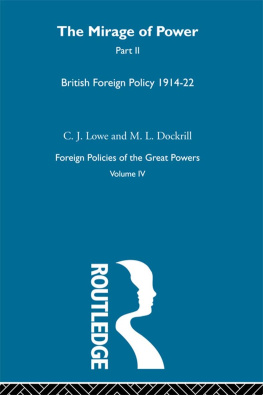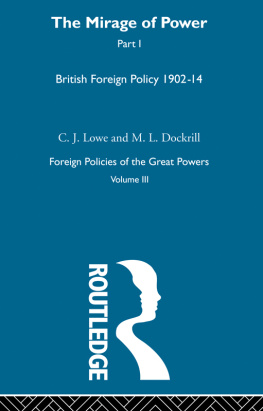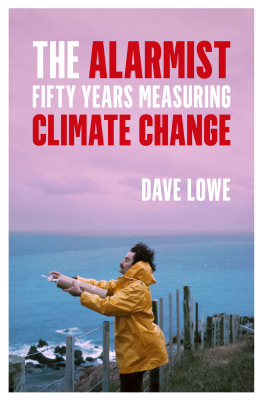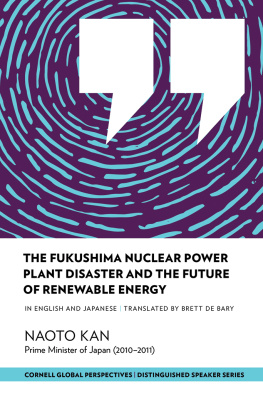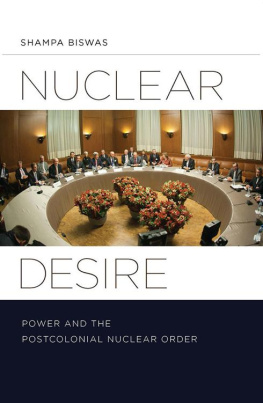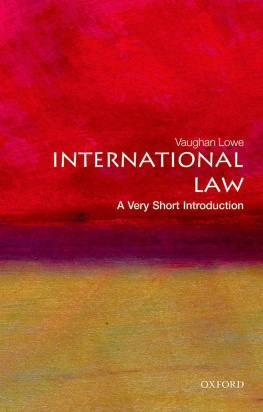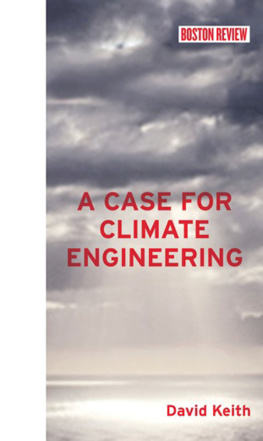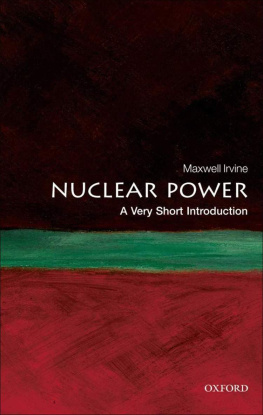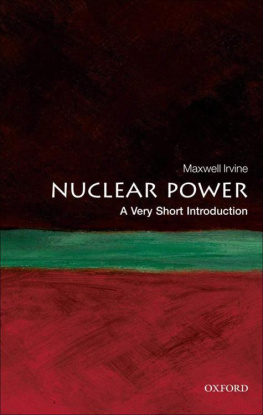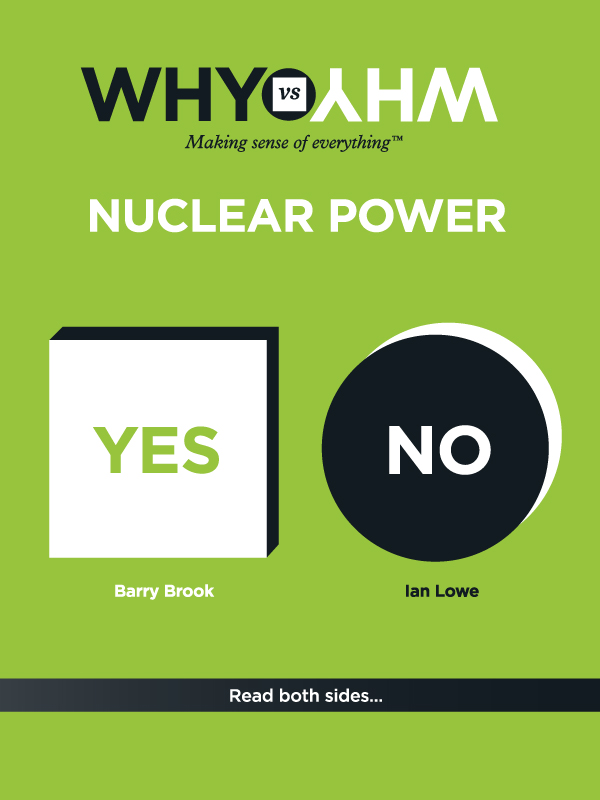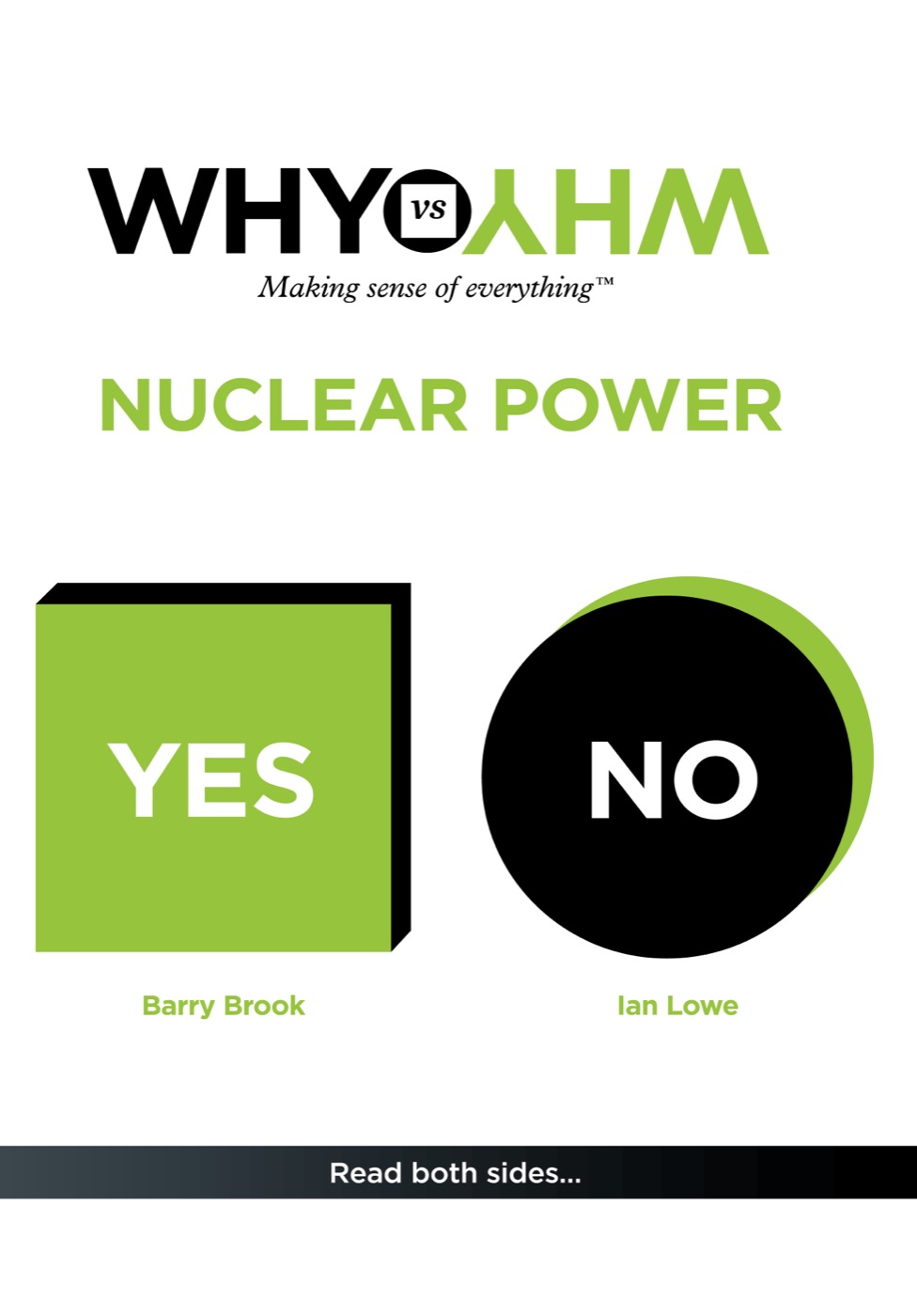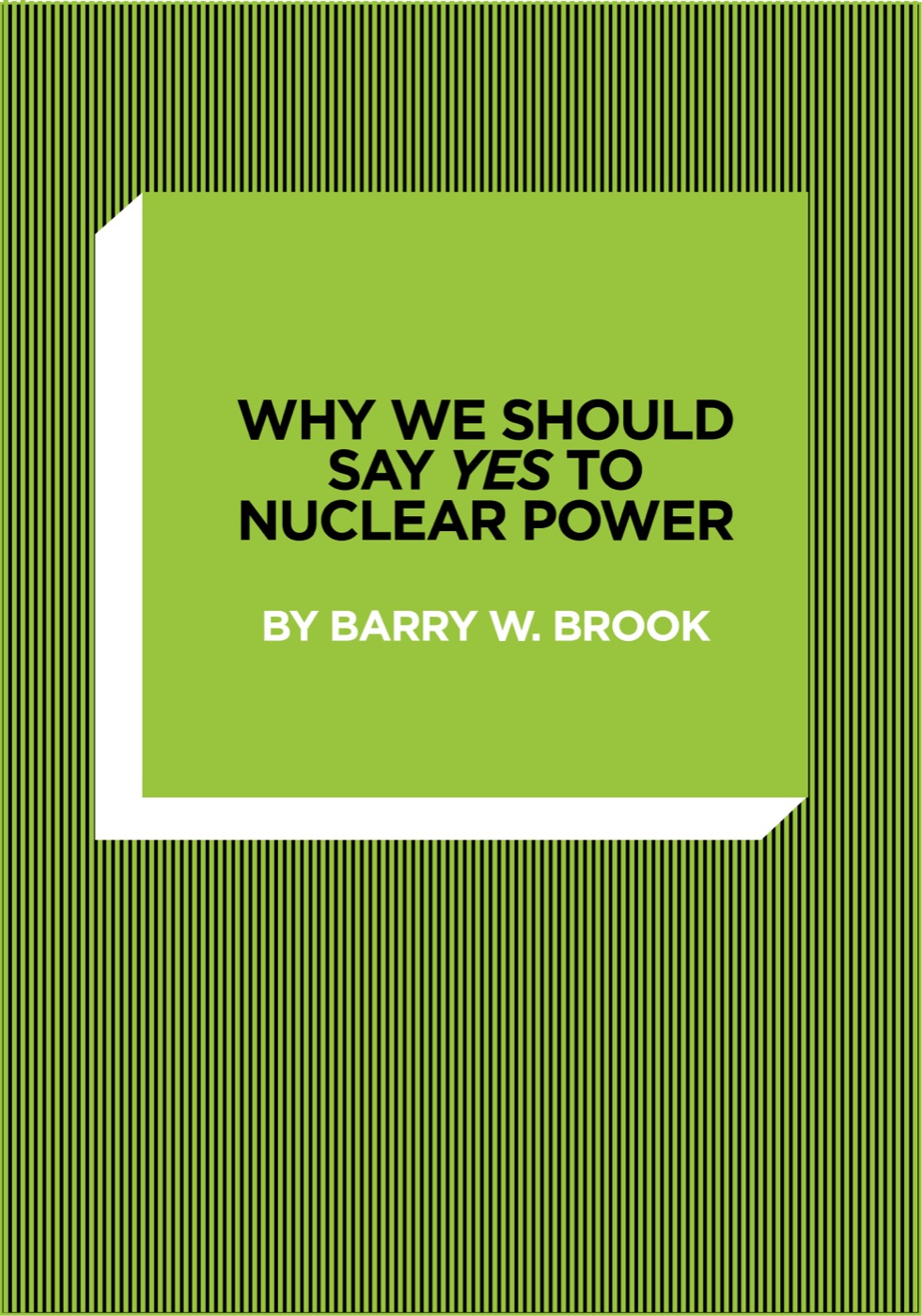1. Pick a side, start reading.
2. Read the entire side and its rebuttal.
3. Have a drink, go for a walk and think about it.
4. Read the flip side and its rebuttal.
5. Think about it some more.
6. You decide.
7....still not convinced? Want more? Go to WhyvsWhy.com for further rebuttals and more.
PICK A SIDE, START READING...
This book presents both sides of a hot debate in an impartial way. Each side is offered equal space and prominence. Which side will you read first?
By Barry W. Brook
By Ian Lowe
CONTENTS
Why we should say YES to
nuclear power
By Barry W. Brook
(Or read by Ian Lowe)
About Barry W. Brook
He is a leading environmental scientist, holding the Sir Hubert Wilkins Chair of Climate Change at the University of Adelaides Environment Institute. Hes published two books, over 150 refereed scientific papers and regularly writes popular articles for the media. Prof. Brook has received a number of distinguished awards for his research excellence (including the Australian Academy of Science Fenner Medal). His focus is on climate change, computational and statistical modelling, systems analysis for sustainable energy, and synergies between human impacts on the biosphere.
He runs a popular climate science and energy options blog at bravenewclimate.com
Introduction
Why we should say YES to
nuclear power
The world is caught between dwindling energy resources and increasing climate change.
As China and India expand their economies to improve the prosperity and quality of life enjoyed by their citizens, the global demand for cheap, convenient energy grows rapidly. If this demand is met by fossil fuels, we are headed for both an energy supply disaster and, due to the massive carbon emissions from fossil fuels, a climate disaster.
Ironically, if climate change is the inconvenient truth facing our fossil fuel-dependent society, then the inconvenient solution staring right back is advanced nuclear power not, as many suppose, renewable energy sources such as solar and wind.
Since the 1970s, when the Sierra Club and other prominent environmental groups switched from being active supporters to strong opponents, nuclear power has fought an ongoing battle to present itself as a clean, safe and sustainable energy source.
Today, a mix of myths and old half-truths continues to undermine straight thinking on nuclear power. The most regularly raised concerns include:
supplies of uranium (the fuel for nuclear power plants) will run out
nuclear accidents are likely, causing harm to people as well as the environment
radioactive waste from nuclear power plants will stay with us for thousands of years
developing, operating and dismantling nuclear power plants produce large amounts of carbon dioxide
developing nuclear power is too slow and costly, and
expanding nuclear power will increase the risk that nuclear weapons spread into even more hands.
The surprising reality is that most of these perceived disadvantages do not apply today and, most importantly, none will apply in the future.
In summary, the 7 reasons why we should say Yes to nuclear power are:
1.Because renewable energy & energy efficiency wont solve the energy & climate crises
2.Because nuclear fuel is virtually unlimited & packs a huge energy punch
3.Because new technology solves the nuclear waste problem
4.Because nuclear power is the safest energy option
5.Because advanced nuclear power will strengthen global security
6.Because nuclear powers true costs are lower than either fossil fuels or renewables
7.Because nuclear power can lead the clean energy revolution
Why we should say YES to
nuclear power
1. Because renewable energy & energy efficiency wont solve the energy & climate crises
We must still satisfy the worlds growing demand for energy and clean water
The developed world (which includes Australia, the US, Europe and Japan) enjoys a high standard of living. In part, this is due to a readily available supply of cheap energy, generated mostly from fossil fuels (mainly coal, oil and natural gas). The previously abundant supply of fossil fuels has most likely encouraged the developed world to take its energy use for granted, so much so that fossil fuels are now recognised as a limited global resource.


